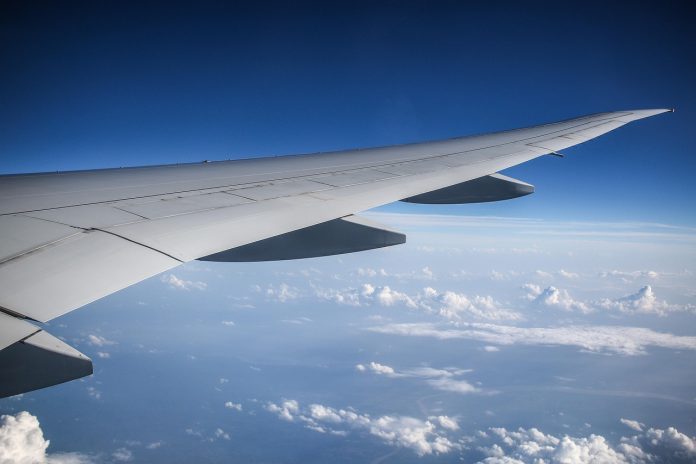The aviation industry is highly regulated the world over. The International Civil Aviation Association establishes and maintains global Standards and Recommended Practices (SARPs). Safety and security concerns have ascendancy over all other issues. Kenya Airways, cognizant of this, has a motto to the effect, “Safety is our license to operate.”
Recently, a gentleman on X went on a tirade ranting against the national carrier. He confessed to having been late to check in for a flight to Dar. But he decried the fact that he was not allowed to board the plane despite the fact that he could see the plane on the tarmac. That particular flight was also delayed for a couple of hours.
KQ: How Nigerian passenger without visa violated our staff at JKIA
The gentleman was asked to pay a penalty for a change of flight to a later hour. Instead, he bought a one-way which, in his opinion, worked out cheaper. However, when he attempted to fly back to Nairobi using the return ticket he had previously purchased, he was refused boarding because the same had an unused portion from Nairobi to Dar. The following lessons obtain:
- Most international airlines close their check-in counters one hour before the flight. This is done electronically so that when one turns up after the deadline, nothing can be done to board them. This deadline is strictly adhered to for purposes of allowing time for safety screening, loading of baggage and processing by immigration officials.
- Airline tickets have terms and conditions. The rule of thumb is to impose strict terms for cheap tickets. For instance, some tickets may attract steep penalties for a change of reservation. Others may be invalidated when passengers fail to turn up on time. Turning up late for check-in may be considered a “no show” in some instances and therefore an invalidation of the ticket or attracting a penalty for deferment to a later time or date. It is worth noting that penalties are imposed, not to punish passengers, but to compensate an airline for flying an empty seat.
- Return tickets have two sectors. The first sector must be utilized for the second to be valid. There are instances where cheap return tickets involve stop-overs. When one skips out the last leg of a flight and gets off at the layover city rather than the final destination, it is called skiplagging. Skiplagging is also the purchase of a mix of cheap one-way tickets and return tickets. It is also referred to as coupon trashing and is illegal.
- Skiplagging is inconvenient for airlines because they run the risk of losing luggage of passengers who practice it. They could also cause delays when luggage of passengers who skiplag has to be offloaded. Most airlines impose a permanent ban on serial skiplaggers.
- Sometimes, a plane that is ready for take-off may be held back on account of a technical issue. Pilots working together with engineers are trained to determine whether a flight should proceed or whether it should be cancelled altogether on account of the nature of the issue. In these determinations, they are guided by Standards and Recommended Practices (SARPS).
- Technical issues can be as mundane as a cockroach brought on board by a passenger. In such a case, the plane has to be held back as fumigation is done. It can also be as serious as a bird strike in which case the plane has to be grounded for a detailed maintenance check. Whatever the case, the safety of passengers and crew comes first. Responsible airlines would much rather disrupt a flight or cancel it altogether than compromise on a safety issue.
- Bird strikes have grave financial implications for airlines. They could damage the blades of planes which cost up to eight million shillings for a single blade. They could also damage entire engines. Replacement of engines costs between 20-40 million dollars depending on the type of aircraft.
- Running an airline is a thin-margin business. Typically, European, Asian and American carriers make a profit of eight dollars per passenger. African carriers make just one dollar per passenger. This is because operational costs like fuel, airport charges and air navigation services are higher in Africa than in other continents. Even then, the same safety standards and regulations apply equally across all countries. No shortcuts are entertained.
- Spare a thought for African carriers that most times operate under difficult conditions yet have to compete with others whose operating environments are conducive and /or are heavily subsidized. Be charitable to airline operators on the continent. They are just working hard to offer a valuable service to the nation in the face of very stiff competition.








